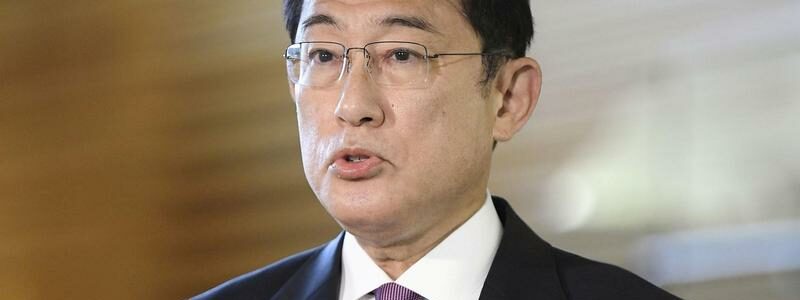
Japan PM confirms oil reserve release in response to U.S. request
TOKYO (Reuters) – Japan’s Prime Minister Fumio Kishida said on Wednesday his government would release some oil reserves in response to a U.S. request in a way that does not breach a Japanese law that only allows stock releases if there is a risk of supply disruption.
“We have been working with the United States to stabilise the international oil market and we have decided to join the United States in selling part of our national oil reserves in a way that does not contravene existing (Japanese) oil reserve law,” Kishida told reporters.
Kishida didn’t say exactly how the stocks would be released. He said Industry Minister Koichi Hagiuda will announce details later on Wednesday, such as the amount to be sold, adding Japan would continue to lobby oil-producing countries to combat drastic price moves.
The Nikkei newspaper reported earlier that Japan will hold auctions for about 4.2 million barrels of oil out of an overall national stockpile of about 490 million barrels. The auctions for the crude oil, about one or two days’ of Japan’s national demand, will be held by the end of the year, the Nikkei said, without citing a source for the information.
Kishida’s confirmation came after the administration of U.S. President Joe Biden announced on Tuesday it will release millions of barrels of oil from strategic reserves in coordination with China, India, South Korea, Japan and Britain, to try to cool rising crude prices after major global producers repeatedly ignored calls for more supply.
Under the coordinated plan, the United States will release 50 million barrels, the equivalent of about two and a half days of U.S. demand. India, meanwhile, said it would release 5 million barrels, while Britain said it would allow the voluntary release of 1.5 million barrels of oil from privately held reserves.
Details on the amount and timing of the release of oil from South Korea and China were not announced. Seoul said it would decide after discussions with the United States and other allies.
Source: Read Full Article